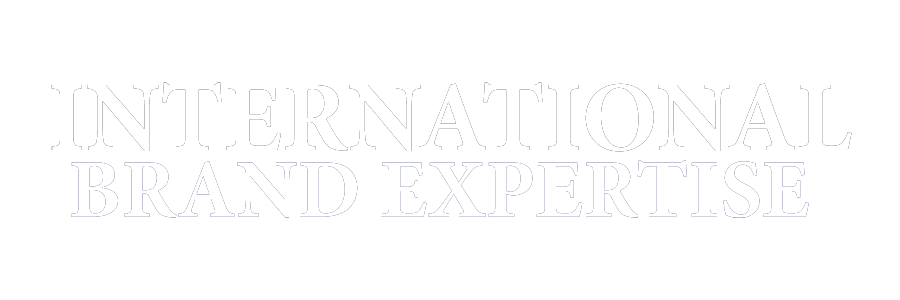Traditionally, Turkey has grappled with a trade balance skewed towards imports, a situation accentuated by its dependence on foreign goods. However, the nation’s reliance on imported products will see some alleviation as foreign individuals, including Russian buyers investing in real estate, contribute to the trade balance. Goldman Sachs suggests that these inflows, though helpful, will likely fall short of fully offsetting the burgeoning current account deficit. Consequently, both Turkey’s official foreign currency reserves and the value of the Turkish Lira are anticipated to encounter downward pressure.
One noteworthy complication arises from the surge in commodity prices triggered by the conflict in Ukraine. Counterintuitively, the elevated commodity prices are projected to hinder rather than facilitate Turkey’s current account adjustment. Goldman Sachs argues that high commodity prices pose a challenge to the economic rebalancing efforts Turkey is pursuing. The bank’s analysts express concerns about the feasibility of achieving a smoother current account adjustment under these circumstances.
Goldman Sachs’ revised forecast for Turkey’s current account deficit to be 4.0% of GDP in 2022, compared to the initial projection of 2.5%, underscores the complex economic landscape the country faces. This revision might prove to be an underestimation if Turkish authorities opt to prioritize domestic demand and growth over measures that would slow down the economy. Such a course of action could lead to an even more substantial deficit.
Turkey’s economic vulnerabilities are amplified by its heavy reliance on oil and gas imports, leaving it susceptible to price fluctuations in the global energy markets. The ongoing geopolitical tensions, particularly Russia’s invasion of Ukraine, triggered sanctions that have caused a sharp increase in commodity prices. This has consequently inflated the cost of energy imports, as well as the price of other crucial goods like grains, which Turkey relies heavily on Ukraine and Russia to supply.
President Tayyip Erdogan’s unique economic approach, characterized by low interest rates, enhanced production, and increased exports to achieve a current account surplus, is facing significant headwinds. The inflationary environment, marked by an astonishing 54% inflation rate, has rendered the central bank’s rate cuts to 14% ineffective in maintaining positive real interest rates. The dilemma arises from the fact that the real rates have been driven deeply negative by the surge in inflation.
In light of these challenges, Turkey’s central bank is confronting difficult decisions regarding monetary policy. Goldman Sachs suggests that the current environment is not conducive to immediate policy rate hikes. Nevertheless, the bank highlights the inevitability of the central bank responding to these economic pressures at some point. To mitigate the situation, the bank might explore alternative policy instruments, such as macroprudential measures or unconventional strategies aimed at tightening monetary conditions.
President Erdogan’s recent acknowledgment that expectations for a substantial increase in tourism this year are overly optimistic is a reflection of the far-reaching economic implications of the ongoing conflict. The uncertainties surrounding the geopolitical landscape have effectively dampened prospects for a robust tourism industry, which could have otherwise served as a mitigating factor for Turkey’s economic challenges.
In conclusion, Turkey’s economic trajectory for the current year is marked by increased complexity and uncertainty. The unforeseen escalation in commodity prices due to the Ukraine conflict, coupled with Turkey’s dependence on imported energy and grains, has intensified its economic vulnerabilities. The deviation from the projected current account deficit further underscores the nation’s predicament, with Goldman Sachs highlighting the potential for further expansion should domestic growth take precedence over deficit reduction efforts. Against the backdrop of elevated inflation, Turkey’s unorthodox economic approach faces hurdles in achieving a current account surplus. As Turkey navigates this intricate landscape, the central bank’s decisions on monetary policy measures will play a crucial role in mitigating the economic challenges ahead.












